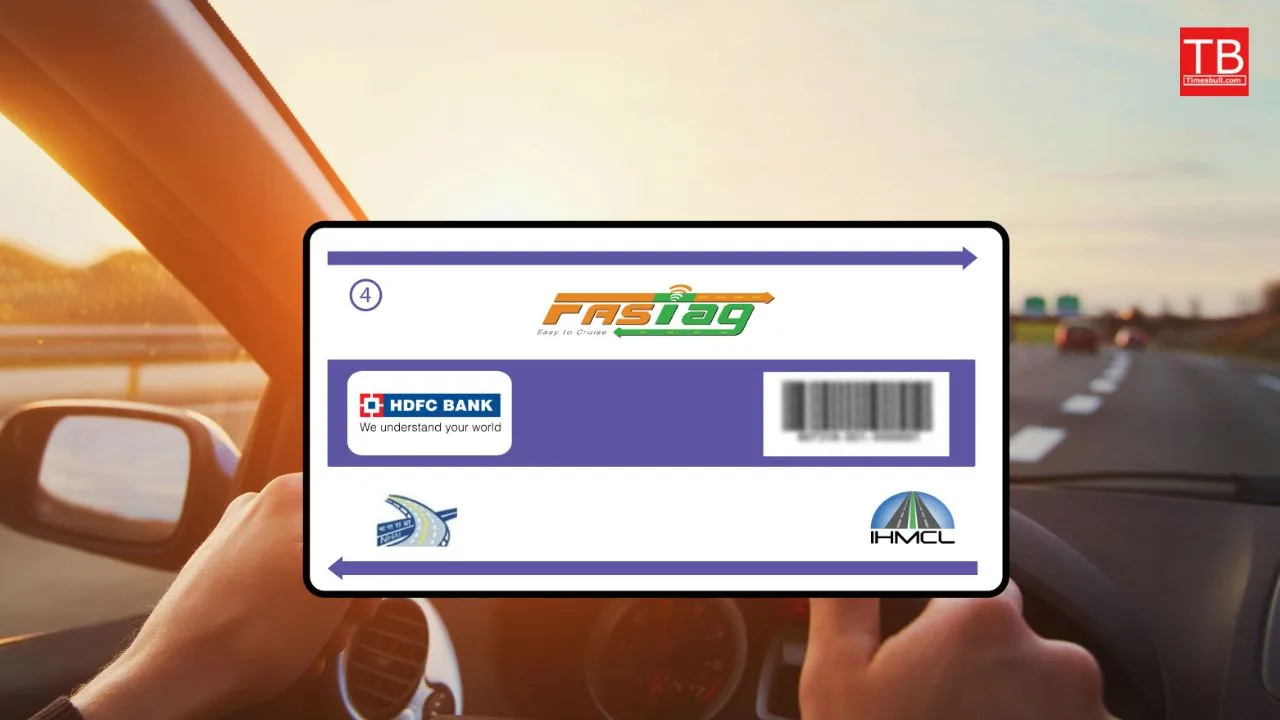This news is important if you own a vehicle with a FASTag installed. The RBI has modified the e-mandate framework to allow the automatic deposit of funds into FASTag and National Common Mobility Card (NCMC) accounts. According to the notification issued by the central bank, funds will be automatically replenished whenever the balance in FASTag or NCMC falls below the specified limit.
Automatic Recharge for FASTag and NCMC
Whenever the balance in your FASTag or NCMC account falls below the fixed limit, money will be automatically deposited through the e-mandate system. To enable this, you need to select the “auto recharge” option once. Once activated, any time your card balance is low, funds will be automatically deducted from your account. You won’t receive a separate notification for each recharge. This facility is particularly beneficial for people who frequently travel on highways and may forget to check their FASTag balance before leaving home. In such cases, if the recharge hasn’t been done, they often face inconvenience at toll plazas.
What is the e-Mandate Framework?
Currently, under the e-mandate framework, customers receive a pre-debit notification 24 hours in advance before any funds are deducted from their accounts. In June 2024, RBI announced that NCMC funds could also be used for the automatic recharge of FASTag. There is no fixed duration for this, and the e-mandate framework will apply to this process.
The e-Mandate Rule: A Customer Protection Measure
The e-mandate rule, introduced in 2019, aims to protect customers. Under this rule, customers are notified in advance if any money is about to be deducted from their bank accounts, ensuring transparency and helping users stay informed.
What is FASTag?
FASTag is a government program that works as a prepaid tool for vehicles on national highways. It allows easy toll payment through Radio Frequency Identification (RFID) technology, directly linking payments to savings or prepaid accounts. Currently, 37 major banks issue FASTags, and the system is managed by the National Highway Authority of India (NHAI) through its subsidiary, Indian Highway Management Company Limited (FASTag Update).
Initially launched in 2014 on the Ahmedabad-Mumbai highway, FASTag became mandatory for new vehicles in December 2017. From January 2021, all vehicles on toll roads must use FASTag. It now accounts for over 90% of toll collections across national highways.
Why is FASTag Important?
India loses about USD 6.6 billion annually due to transportation delays, according to a report by the Transport Corporation of India (TCI) and IIM Kolkata. To address this issue, the government introduced the Electronic Toll Collection (ETC) system. The National Highways Program has since been restructured to improve efficiency and streamline the National Highway Grid.
